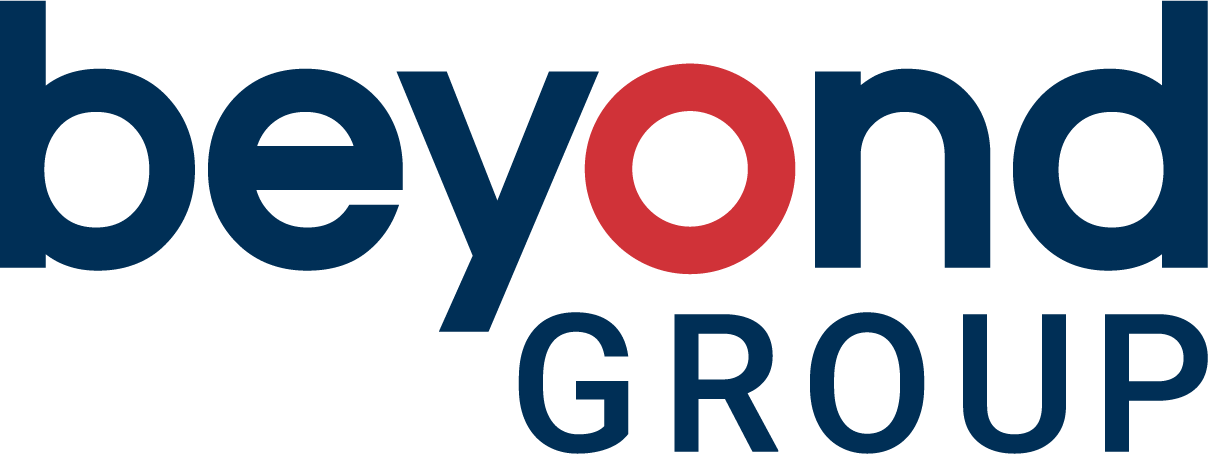Corruption In Public Institutions: Towards The Right For Access To Information
CORRUPTION IN PUBLIC INSTITUTIONS
TOWARDS THE RIGHT FOR ACCESS TO INFORMATION
Lebanon has one of the most corrupt governance systems in the world. Both a result and a cause of the persistence of its sectarian system, corruption creates endemic clientelism that negatively influences citizen participation, socio-economic development, and government performance.
Although Parliament ratified the United Nations Convention Against Corruption (UNCAC) in 2008, Lebanon continues to be plagued by rampant corruption due to structural, institutional, social and economic factors. Lack of access to information, inability to monitor public spending, and weak accountability mechanisms are among the many reasons contributing to corruption.
In addition, the sectarian system of power-sharing does not allow for horizontal accountability among the different branches of government. The political and economic costs of corruption threaten the country’s stability, growth, and democratic system. In the last two decades, civil society organizations (CSOs) have tackled this issue but have not succeeded in persuading decision-makers of real changes and required reforms.
Though anti-corruption laws are being negotiated in parliamentary committees, there is the risk that they may not pass or that they may be amended to such a degree as to become irrelevant. Another challenge facing anti-corruption initiatives is the need for efficient accountability mechanisms and institutions as well as an independent judiciary in order to create an overall enabling environment.
The proposed policy aims at enhancing government transparency by ensuring citizens’ access to information, particularly about the legislative process and public finances, thereby allowing greater civic participation, government transparency and accountability. This policy proposal aspires to fight corruption by: Improving access to information laws; Improving transparency of the legislative process; Enhancing public budget transparency.
Adopting and enforcing the implementation of these policies requires a long-term process that starts by documenting and researching relevant tools and decisions, piloting action with a maximum number of citizens, and supporting government in implementing reforms.

